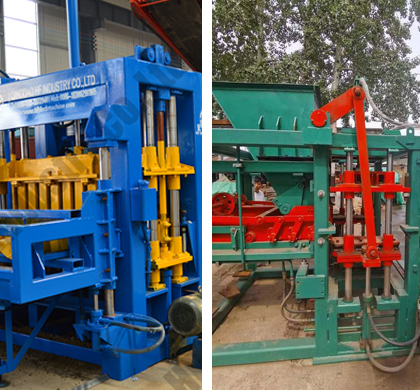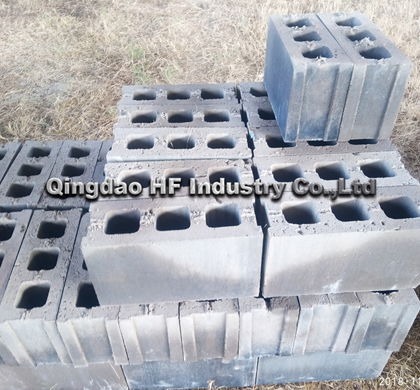Starting a brick making business requires careful planning and execution. Here is a general guide to help you get started:
Research the market:
Understand the demand for bricks in your area. Identify potential customers such as construction companies, contractors, and individuals looking to build or renovate.
Conduct thorough market research to assess the demand for bricks in your target area. Identify competitors, and market trends. Evaluate the feasibility of starting a brick making business by considering factors such as raw material availability, production costs, profitability, and regulatory requirements.

Business Plan:
Develop a comprehensive business plan that outlines your objectives, target market, marketing strategy, production process, financial projections, and operational details. This plan will serve as a roadmap for your business and can be useful when seeking funding or support.
Legal and Regulatory Requirements:
Understand the legal and regulatory requirements for starting a brick making business in your location. This may include business registration, obtaining necessary permits or licenses, complying with environmental regulations, and ensuring workplace safety.

Secure Financing:
Determine the financial requirements for setting up your brick making business. Calculate the costs of equipment, raw materials, land or workspace, utilities, labor, and marketing. Explore funding options such as personal savings, loans from banks or financial institutions, government grants or subsidies, or partnerships with investors.

Location and Infrastructure:
Identify a suitable location for your brick making operation. Consider factors like accessibility, proximity to raw materials, availability of utilities, and potential for expansion. Set up the necessary infrastructure, including workspace, storage facilities, and utilities like water and electricity.

Procure Equipment and Raw Materials:
Purchase or lease the required brick making equipment, such as a brick making machine, mixing equipment, and curing facilities. Source high-quality raw materials like clay, cement, sand, and additives. Establish reliable supply chains to ensure a steady flow of materials.

Production Process:
Develop an efficient and standardized production process for making bricks. This includes mixing the raw materials, molding the bricks using the machine, curing or drying them, and any additional steps such as firing or kiln treatment if applicable. Ensure consistent quality control measures are in place.
Marketing and Sales:
Create a marketing strategy to promote your brick products. Identify your target customers, such as construction companies, contractors, or individual builders. Establish relationships with potential clients, showcase your product quality, and offer competitive pricing. Utilize both online and offline marketing channels to reach your target market.

Operations and Management:
Establish efficient operational processes, including inventory management, production scheduling, and maintenance of equipment. Hire and train skilled employees to operate the machinery and manage day-to-day operations. Implement effective quality control measures to ensure consistent product quality.

Continuous Improvement:
Regularly evaluate and improve your business operations, production techniques, and marketing strategies. Stay updated on industry trends, technological advancements, and customer preferences. Seek feedback from customers and adapt your products or services accordingly.

Build a distribution network:
Establish partnerships with suppliers, distributors, and contractors to ensure a steady flow of orders. Offer competitive pricing, quality products, and excellent customer service to build a loyal customer base.
It's essential to adapt and customize your approach based on your unique business requirements and local market conditions.With the right strategy and dedication, you can build a successful block machine factory.

The Molding Vibration Block Machine has a short forming cycle and high production output. The continuous increase in vibration frequency during material feeding and forming vibrations reduces the feeding time by 3 to 4 seconds. The table vibration machine

Brick manufacturing has been an essential part of construction for centuries, providing durable and aesthetically pleasing building materials. However, the process of producing bricks is not without its challenges. As the world becomes more environmentall

Whether for inquiries for inspections and
maintenance, for individual plant optimizations or
extensions, or spare and wear parts.

Our after-sales service is at your disposal for all
questions

Gemini Tower, Block B, Chunyang Road, Chengyang District, Qingdao, China
Show on the Map
We will contact you within 24 hours.